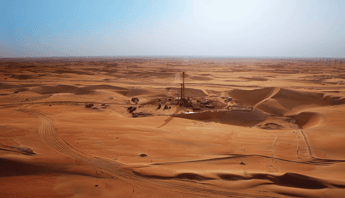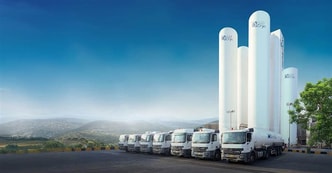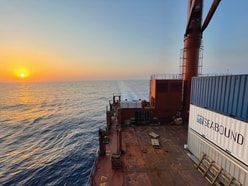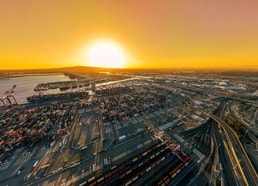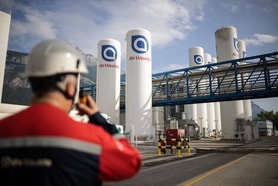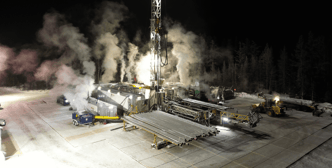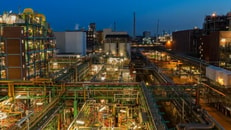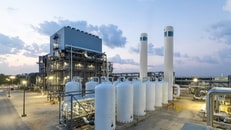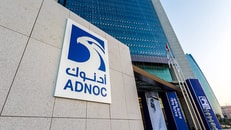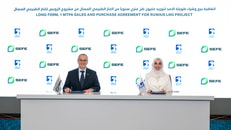DNV certifies feasibility of ADNOC’s West Aquifer CO2 storage site in UAE
Certification specialist DNV has certified the feasibility for carbon dioxide (CO2) storage of ADNOC’s West Aquifer site in the UAE.
With the certification, it has been verified that the West Aquifer site meets the necessary technical, environmental, and regulatory criteria for safely storing CO2 underground.
Specifically, the issuance of the certificate of feasibility for the West Aquifer project covers the initial subsurface assessments of the Simsima and UER saline reservoirs.
The project, guided by DNV-SE-0473, which is based on the ISO 27914 standard, has been described as a vital first step in verifying long-term CO2 storage feasibility.
... to continue reading you must be subscribed


